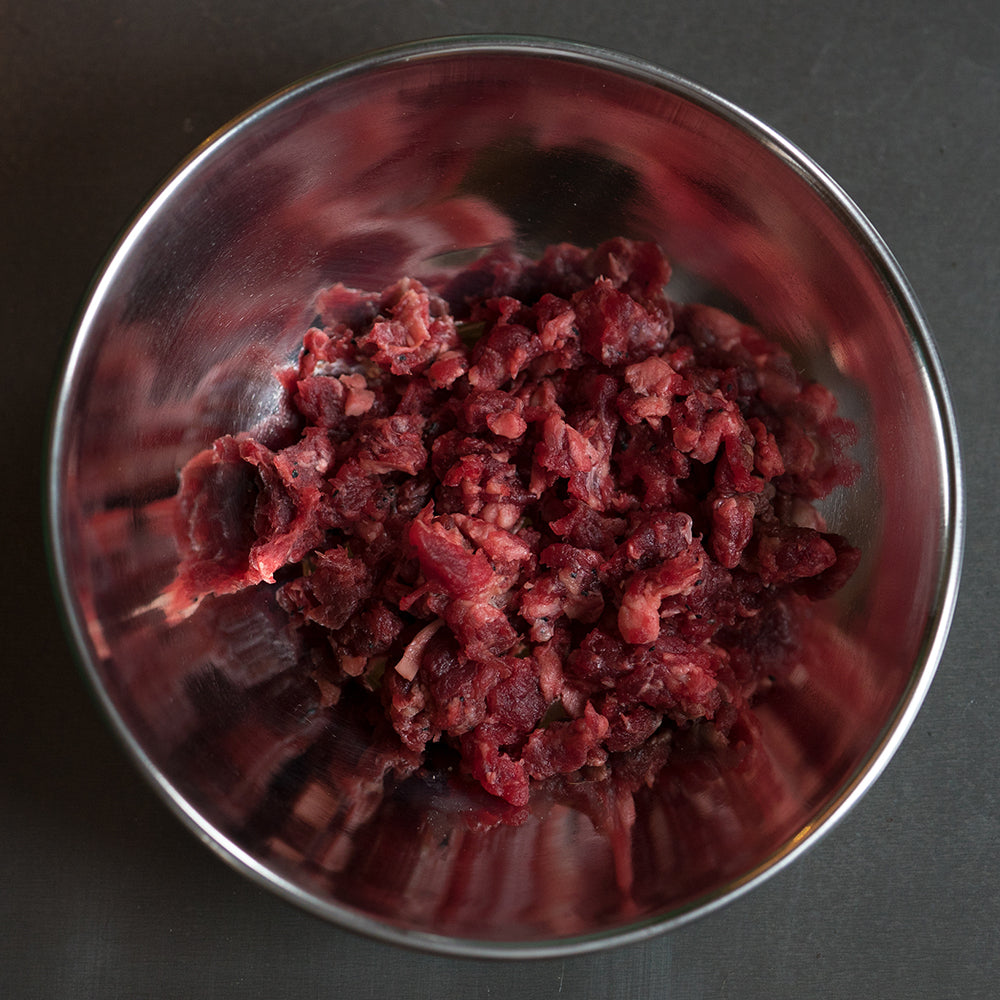
5 Ways to Keep Your Dog Healthy.
Share

Chances are, your dog is more than just a pet- they’re family. You want them to live a long and healthy life. Give them the care they deserve and keep your dog’s health a priority with these 5 simple tips.
Quality Care
Set the groundwork for your dog’s overall health with good quality veterinary care. Talk to friends and family for referrals to help you find a veterinarian you can trust. Typically, routine wellness check-ups should be performed by your vet twice a year.
Dogs of a certain age, like puppies or senior dogs should be seen more frequently. You’ll also want to be sure to talk to your vet about what vaccinations your dog will need. If your dog needs extra care due to a chronic health condition or other illness, be sure to get recommendations from your vet on how to care for their special needs. Since dogs age much faster than humans, many subtle changes can develop over a short period of time. Routine visits to your vet will help identify and monitor changes in your dog’s health before they get out of control. Allow yourself to establish a good relationship with your vet and it could lead to long-term benefits for you and your dog.
Healthy Diet
Another fundamental part of keeping your dog healthy is providing them with proper nutrition. Just like with humans, your dog’s diet directly affects your dog’s physical features like skin, weight, energy level, and gastrointestinal functions. If you notice a problem in one of these areas, your dog’s diet could be to blame. Be sure to choose a high-quality, healthy dog food made by a reputable company or educate yourself about how to make homemade or raw-food diets for your dog.
Once you find a healthy food that your dog likes, feed them that recipe consistently. Over a time of 5-9 weeks, you should be able to see a physical response to your dog’s new diet. Her coat should be shiny and free of flakes, but not greasy. Ideally, she will show an increase in her energy level which will also help her maintain a healthy weight. If you notice a decrease in energy, there might be a problem with her new diet. Be sure to transition gradually to the new diet to avoid the chance of diarrhea or vomiting.
Routine Activity
Unfortunately, several dog owners underestimate the amount of exercise their dog needs. Often times, destructive behavior leads to a diagnosis of anxiety or other behavioral problems. These are real conditions that exists, but more times than not, the behavior is happening due to an energy surplus.
A good, balanced, healthy diet should give your dog lots of energy. But if you are not allowing your dog to release that energy through exercise, it will be released on your furniture, carpet, shoes or other valuables. If this is happening in your home, be sure to ask yourself if your dog is getting enough exercise. As a general rule, dogs should get at least 1-2 hours of exercise per day, but this can vary based on your dog’s breed, size and age. Once you have an ideal exercise routine established, create a regimen and keep your dog active.
Dental Hygiene
It can be easy to forget about your dog’s dental hygiene until you get a sniff of bad breath. Just like in humans, plaque and tarter build-up can lead to more severe health conditions. Don’t wait until a problem arises. Instead, start focusing on prevention and proper dental care right now. Be sure to talk to your vet about your dog’s teeth and they might recommend brushing your dog’s teeth, using oral rinses or changing their diet to include ingredients that will help clean your dog’s teeth as they eat.
Proper Grooming
Grooming is not just for show dogs. All dogs need some degree of basic physical upkeep. Usually your dog’s grooming requirements will be based on her breed, but your dog might have special needs due to health conditions like allergies.
An average short-haired dog should get a monthly grooming that includes a nail-trim, bath and brushing. Dogs with longer hair should be brushed daily. Dogs with fast growing, long hair may need a haircut more often, like every week or two. Once you know your dog’s ideal grooming needs, you can decide if it is something you can do yourself or if it requires help from a professional. Either way, get their grooming sessions on a schedule on a regular basis.
Conclusion
You can do everything you can to provide the quality care your dog deserves with regular visits to the vet, a healthy diet, proper exercise, dental hygiene and frequent grooming. But because our dogs cannot verbally communicate, be sure to pay attention to the signs they give us when it comes to analyzing their health. Be sure to talk to your vet about any signs of illness that your dog may be showing.



